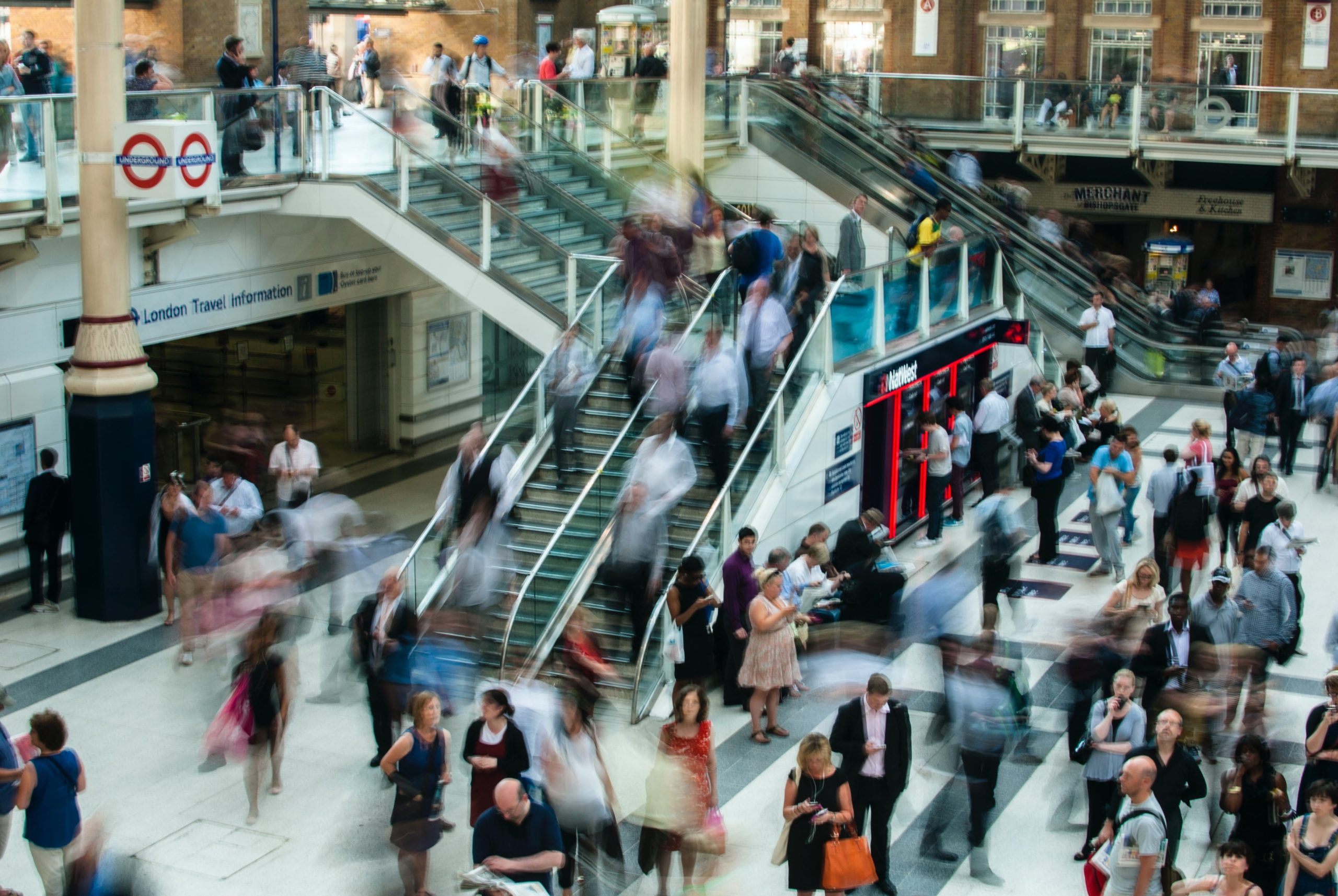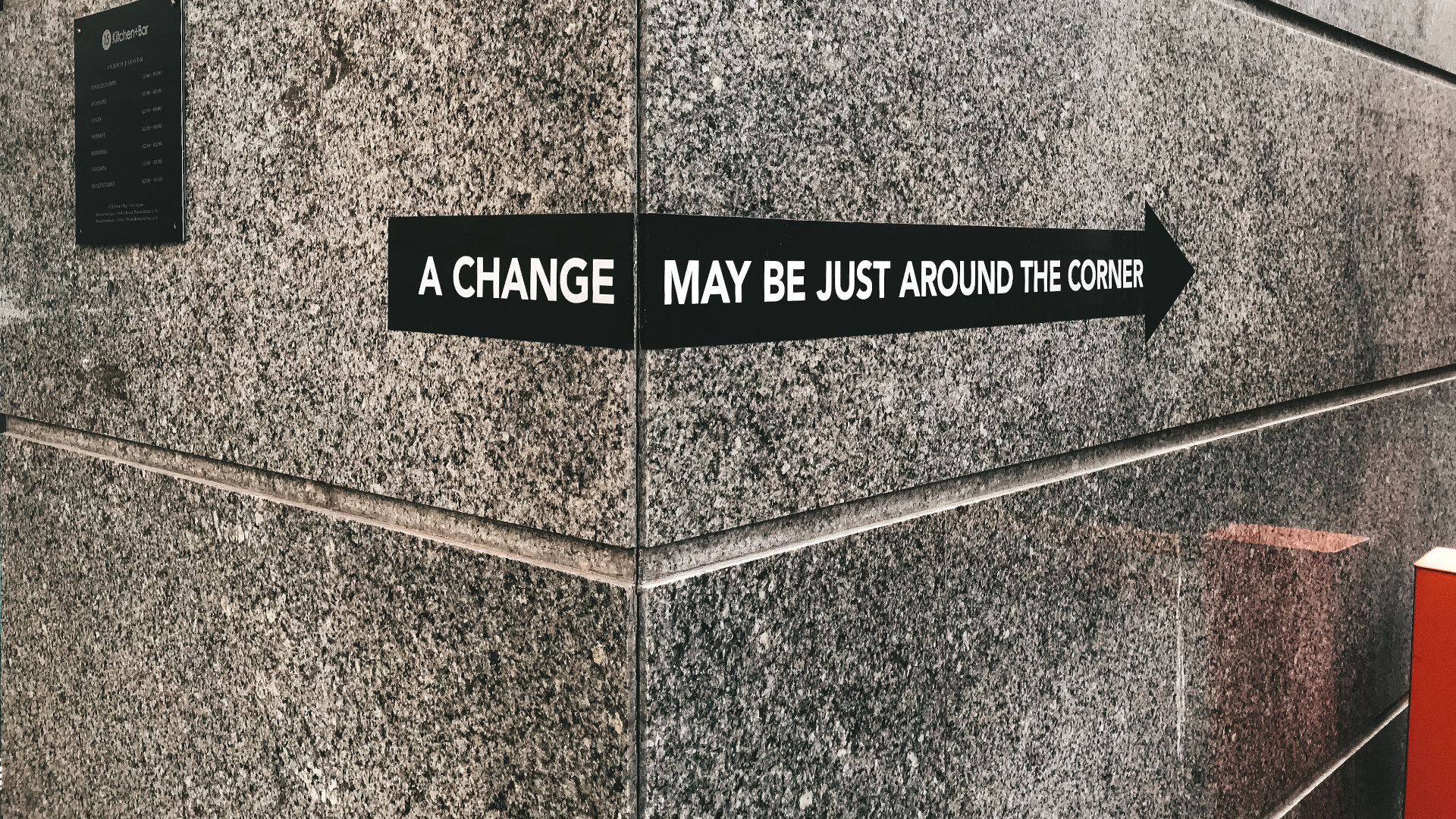Bye-bye burnout
Dissecting these mixed emotions, it’s clear that striking a balance and setting boundaries will become important in the next few months, especially as we approach spring and summer.
These days, saying ‘no’ to a dinner invite, an after-work drink, or full day out in the city can feel like wasted opportunities that could be easily snatched away by the emergence of a new and powerful variant.
But living every day like it’s your last is not sustainable (financially or emotionally) – and we’d be foolish to pretend the pandemic hasn’t radically transformed the way we feel about the world, ourselves, and each other.
If anything, the pandemic amplified necessary conversations regarding mental health and physical wellbeing. As we try to move past a world dictated by a virus, these kinds of discussions shouldn’t begin disappearing from the wider narrative.
Arguably, a rapid return to normality would see people needing those conversations during this time too, if not more so – in particular for those who experienced bereavement, personal loss, or financial insecurity caused by the pandemic.
It might be helpful to know the NHS has dedicated a whole webpage offering tips on how to cope with anxiety about getting ‘back to normal’.
But while ‘taking it easy’ and ‘talking with a trusted friend’ can help with feelings of being overwhelmed, it has become increasingly obvious that a reluctance to return stems from the fact that – for many – life before the pandemic was deeply flawed, too.

Work-life balance
A boost in personal freedoms almost certainly entails an obligation to return to a pre-pandemic work culture.
For many, stepping back into the office for majority of the week means less time for self-care – whether that’s enjoying a solo hobby, taking a long bath, or staying on top of household chores.
And although some employers have already adopted a flexible schedule, many will return to 9-5 workdays and hour(s)-long commutes, taking significant cuts to the personal time we’ve become so accustomed to.
Not to mention, working from home wasn’t always possible and already existing inequalities were worsened.
Around the world, people in front-line jobs (whether that was in hospitals, restaurants, or grocery stores) worked throughout the height of the pandemic – and have yet to see an increase in wages, despite ongoing inflation.
It also doesn’t help that Oxfam’s latest report on inequality states that the world’s richest 1 percent got richer while 99 percent of humanity suffered economic losses.
It would be a mistake, as humans so often do, to put the pandemic behind us and move on like nothing happened at all. The last two years have provided us all with a renewed sense of what’s important – personal health, quality time with loved ones, a decent work-life balance, and fairly paid wages.
But for reasons I will explain next, individuals feel alone in having these desires when it appears on the surface that everyone else wants their ‘normal life back.’

Understanding pluralistic ignorance
In a joint study conducted by two professors from Bristol University and The University of Western Australia, 400 people from the UK and 600 from the US were surveyed on what they want to see in a post-pandemic world.
An overwhelming majority said they wanted a progressive future – where ‘communities, not governments work together to build a fair and environmentally friendly world’ and where the people ‘take back from governments the powers they have claimed to limit our movements and monitor our data and behaviour’.
But when asked what they thought would happen or what other people wanted, almost everybody believed the answer was ‘back to normal – we don’t want any big changes to how the world works, our priority is business as usual and safety’.
This divergence, the professors say, is known as ‘pluralistic ignorance’. When adopted by the masses, it causes people to shift their attitudes towards what they believe to be the norm – which is a problem when these misconceptions have potential to shape an unfavourable reality.
Based on this study, a return to the status quo is likely to happen ‘not because most people desired this outcome, but because they felt it was inevitable and that most others wanted it.’
As we observe everyone seemingly adapt to novel freedom, it’s important to remember the past two years. It’s also important to keep conversations around mental health going and push forward for the positive changes we hope to see in the world we return to.
If that means being kinder to people in public, protesting for a great cause, demanding better rights at school and work, if you can think it – it’s worth having the conversation.
The pandemic provided us with a window of opportunity to transform the way we live and work for the long term. And if we’re really at the end(emic) – we don’t want to miss it.
























